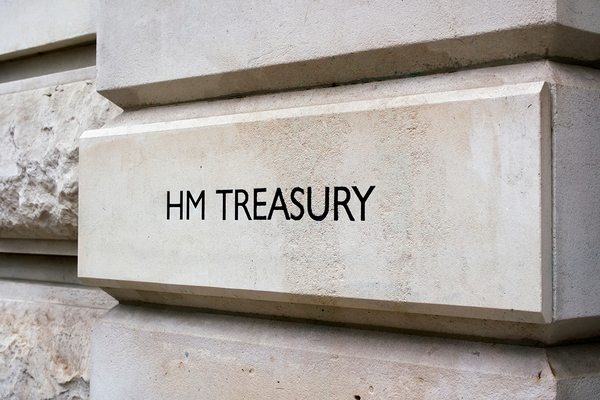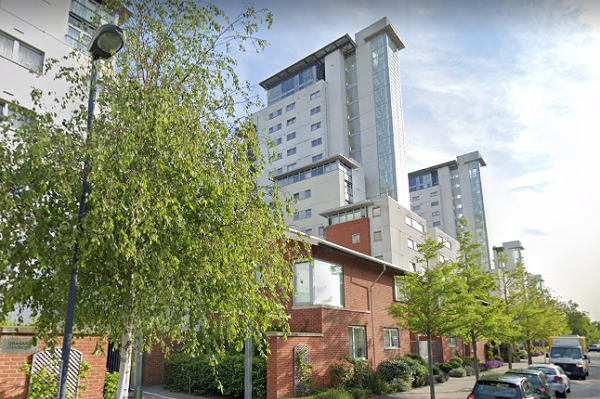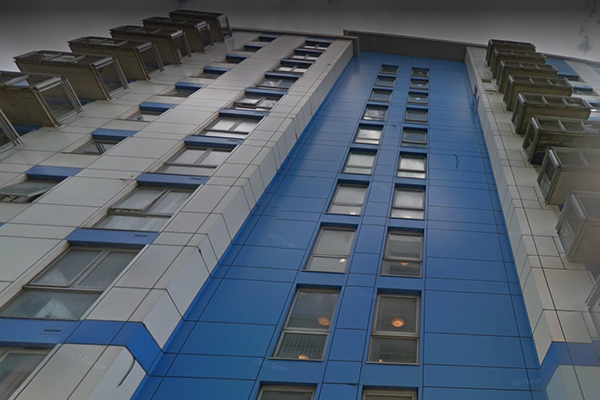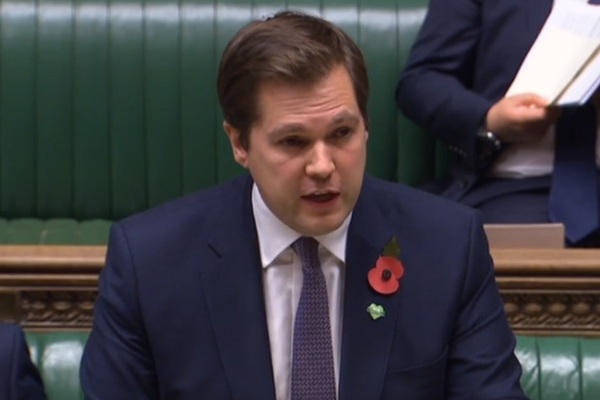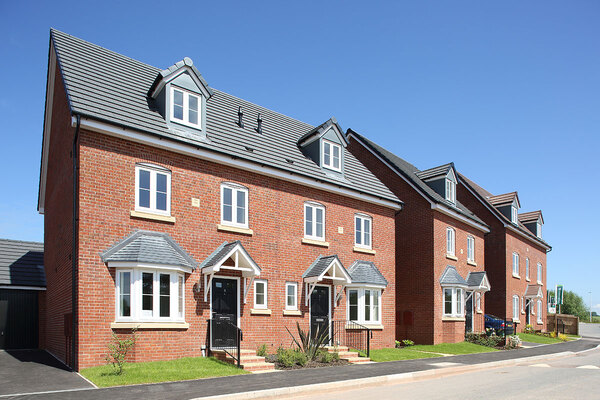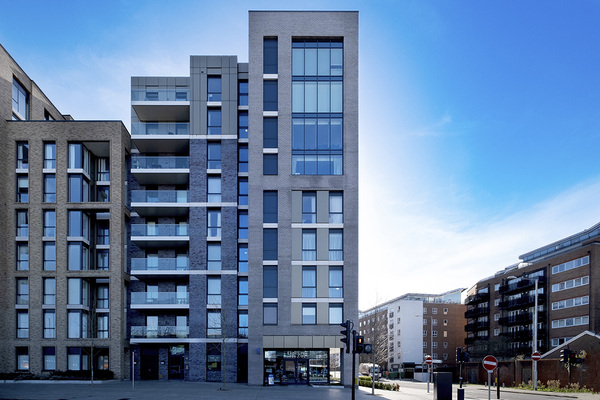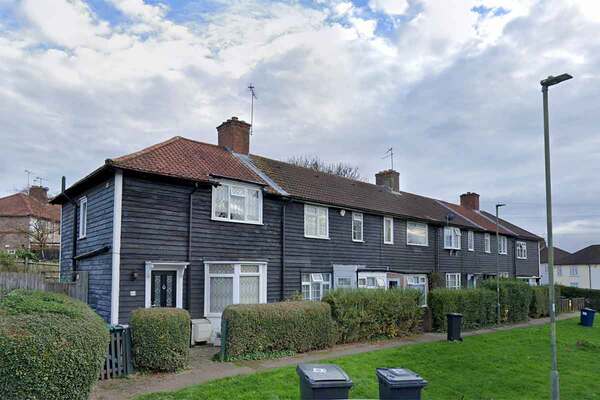You are viewing 1 of your 1 free articles
Housing association cross-subsidy profits could be subject to developer cladding tax
The government is seeking views on whether housing profits from the sale of private homes should be subject to its new developer tax.
In a consultation document published in late April the government said that housing associations that focus wholly or mainly on affordable housing development are charitable organisations and are therefore exempt from the proposed tax.
But the document added: “The government would welcome views on the treatment of profits from homes developed by housing associations for market sale where there are cross-subsidy arrangements with affordable housing, and where profits from residential development are reinvested by or distributed to a registered provider of social housing.”
The developer levy was first proposed in February this year when the government announced an extra £3.5bn for building safety remediation and the contentious loan scheme for leaseholders.
Launched on 29 April, the consultation said the proposed tax will only apply to residential developers with profits over £25m.
The government said that the impact of the tax of build-out rate is “uncertain” and that it would depend on the final design of the tax and the behavioural response of developers and landowners.
But the paper, produced by the Treasury, said that maintaining an adequate supply of affordable housing is a “priority” for the government and that it will seek views on the potential impact of the tax on affordable housing supply specifically.
Housing secretary Robert Jenrick said: “We’re making the biggest improvements to building safety standards in a generation, investing over £5bn in helping to protect leaseholders from the cost of replacing unsafe cladding on their homes and ensuring industry is held to account for the wrongs of the past.
“This tax will strike the right balance between developers making a contribution and ensuring fairness for the taxpayer.”
Financial secretary to the Treasury Jesse Norman said: “Ending the use of unsafe cladding is a priority for the government, as it builds back better from the pandemic.
“Given the significant costs associated with the removal of unsafe cladding, it is right to seek a fair contribution from the largest developers in the residential property development sector to help fund it.”
Sign up for our daily newsletter
Already have an account? Click here to manage your newsletters
